
The liberal vision of development is killing people, warns UN expert
A United Nations special rapporteur on Wednesday blamed neo-liberalism for unleashing violence worldwide, calling “the liberal vision for development” a killer in the community.
Agnes Callamard, UN Special Rapporteur on summary executions, said a one-size-fits-all model of economic development exacerbated inequality and was a factor in the rising tide of arbitrary executions and extrajudicial murders.
“The restructuring of economies and the liberal vision for development is trickling down to every community and is a killer, in many ways,” Callamard said.
Yet she said it did not garner the same attention as political populism and brutal military-style policing, which make huge headlines for instigating violence worldwide.
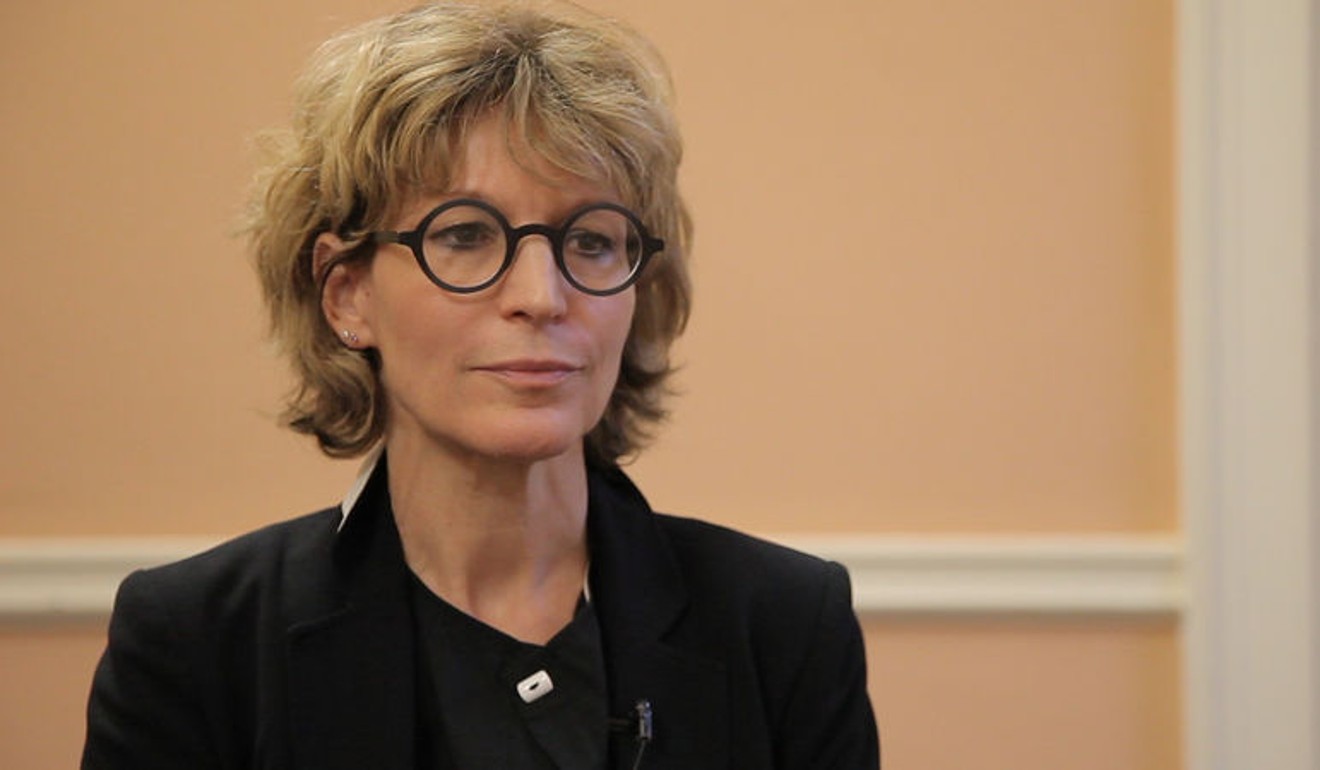
“Privatisation of certain public services and the ownership of land and water, and more generally the transformation of the economy toward the digital and information economy … all of those factors are creating much instability, and much conflict, including over access to resources. In turn, those conflicts translate into violence, and in some cases, extrajudicial killing,” she said.
Proponents of “neo-liberalism” – under which governments take a back seat and let the private sector lead economic and social development – claim it has been responsible for much of the reduction in global poverty in the last 40 years.
But Callamard said a belief that natural resources must be privatised are “killing so many people” and must be challenged.
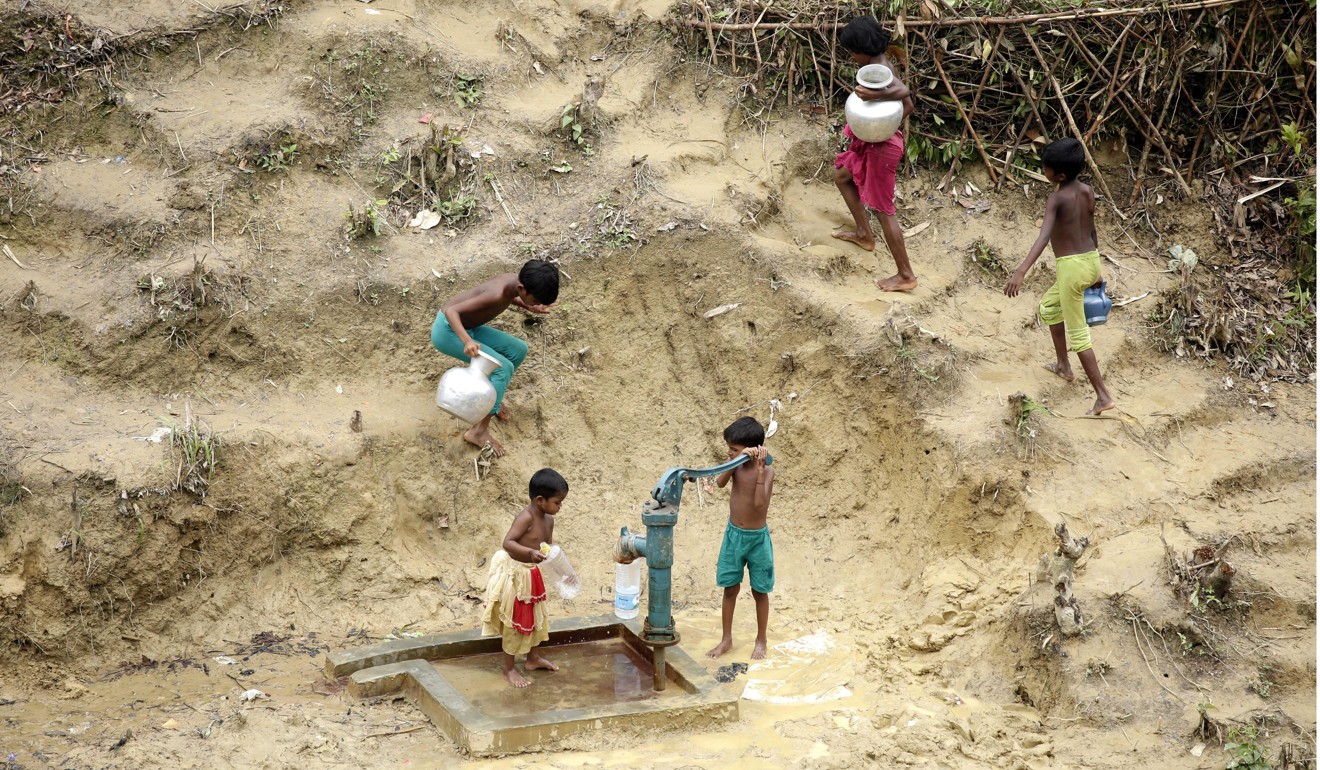
“We certainly need to start countering the liberal economic discourse because it’s killing at this moment, in the way it’s being implemented at national level.”
Speaking at the Platform on Human Rights Defenders, a conference for activists, Callamard said she was struck by how many people were attacked for protecting their land and water.
Last year was the deadliest on record for such activists, according to watchdog groups.
More than 1,000 people in 25 countries were murdered, harassed, imprisoned or intimidated while fighting for their community’s rights, according to Front Line Defenders.
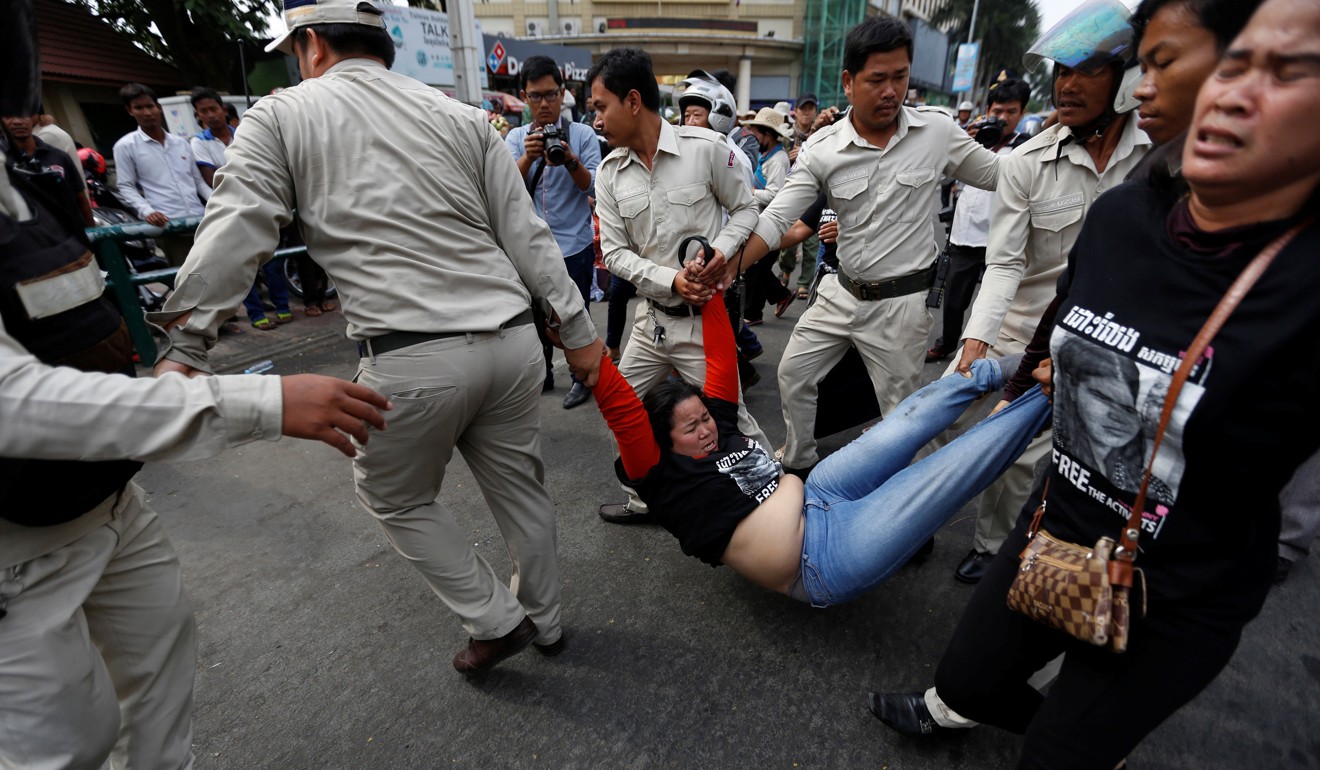
Another group, Global Witness, said nearly four people were murdered each week last year while defending their homes from mining, dams and agricultural projects.
This year is on track to be worse, according to activists.
Global Witness said the rising violence was driven by an intensifying fight for land and natural resources, with some mining, logging, hydroelectric and agricultural companies disregarding the environment and the rights of people.
Callamard was joined on a discussion panel by human rights defenders for Philippines, South Africa and Colombia, who each pointed to resources as a cause of violent conflicts between local communities and state-backed big business.
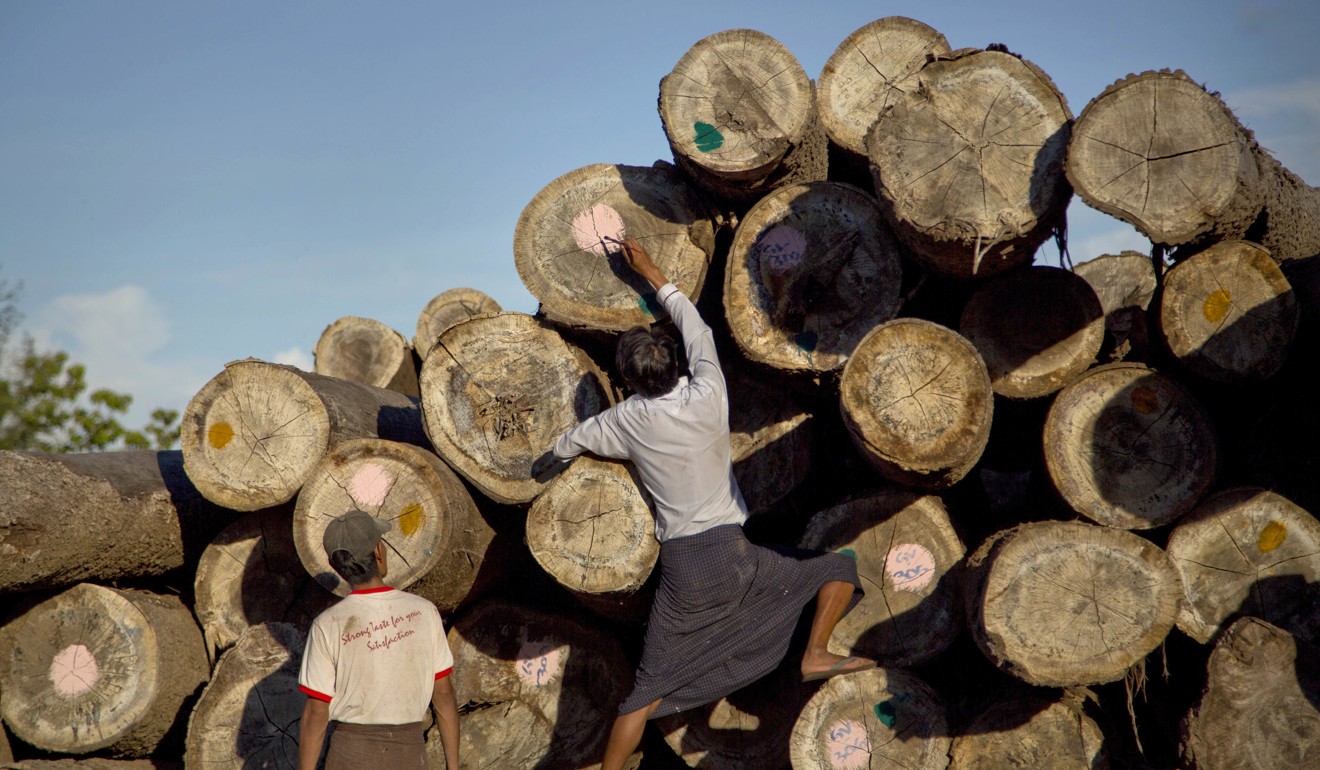
In August, Callamard clashed with Philippine President Rodrigo Duterte after imploring him to end his war on drugs, which has resulted in more than 3,900 killings by police.
But speaking in Dublin, she said she was equally concerned by violence outside the urban hotspots, where rural Filipinos opposing mining developments have met bloody reprisals.
Callamard called on charities and leaders at the conference to amplify the voices of indigenous people, whose own models of development can be ignored or dismissed as “anti-development”.
“We need to understand that economic growth can take many shapes,” said Callamard.
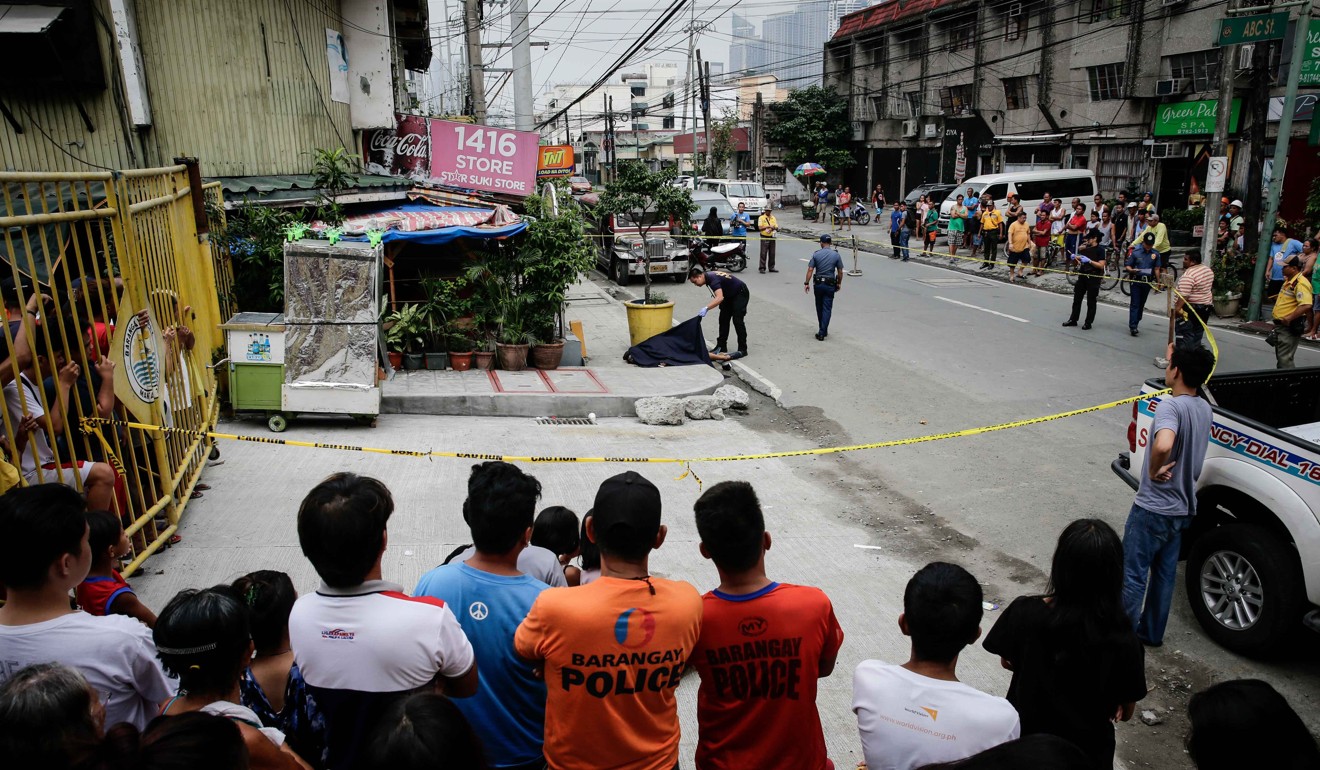
Callamard urged support for legal challenges to unrestrained development, giving local communities new powers.
She highlighted recent decisions by courts in New Zealand and India to give rivers the same legal rights as human beings, because they were heavily threatened by human activity.
“These kind of decisions, they are groundbreaking, but they also challenge us in the way we think about nature,” she said.
Callamard joins a host of institutions that have called into question the limits of the liberal economic model, which has for 40 years dominated thought on economic development.
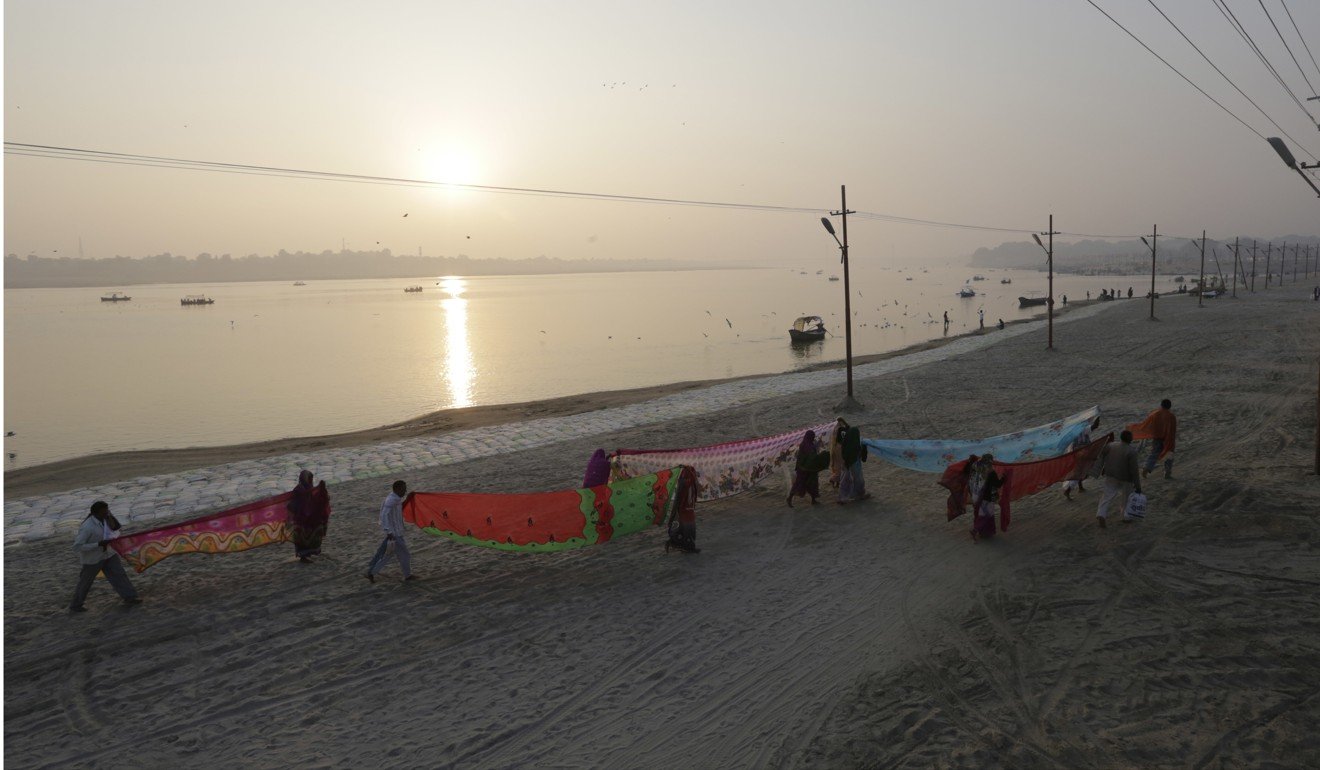
Last month, the UN trade and development agency UNCTAD said the world must ditch austerity and economic neo-liberalism and undertake a global “New Deal” to rebalance the global economy and achieve prosperity for all.
A paper in May of 2016 by senior economists at the IMF, which for 40 years has driven economic liberalisation of global economies, said some neo-liberal policies have increased inequality and are now jeopardising durable global growth.
